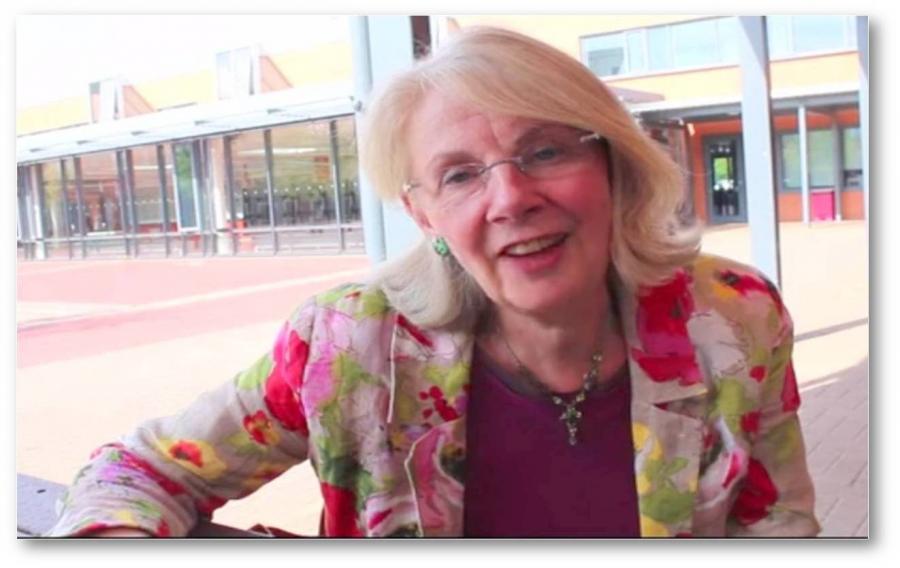Systematic Reviews and Weather Forecasts
Submitted by Philippa on Fri, 07/09/2018 - 09:34How purpose shapes the significance of systematic reviews for different education stakeholders
- Philippa Cordingley – Chief Executive CUREE
- Paul Crisp – Managing Director
- Steve Higgins – Professor of Education Durham University
We are planning a barbeque in our new house next weekend and we want to know if it’s going to rain. We look at the weather forecast and it tells us there’s a 25% chance of rain.
That’s no good to us – we want to know will it will rain, yes or no?

 Do attitudes to and understandings of text books provide a key?
Do attitudes to and understandings of text books provide a key? 
